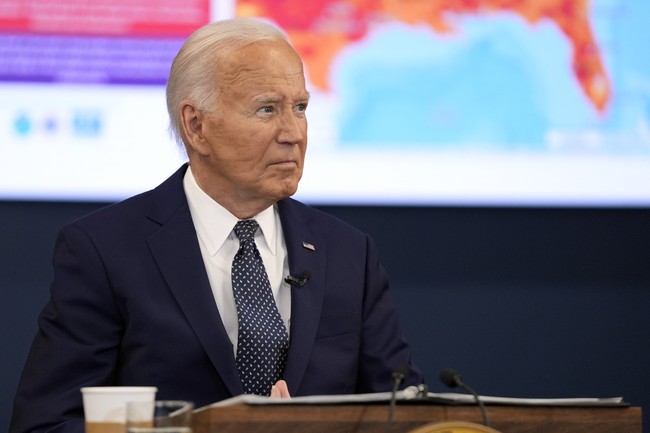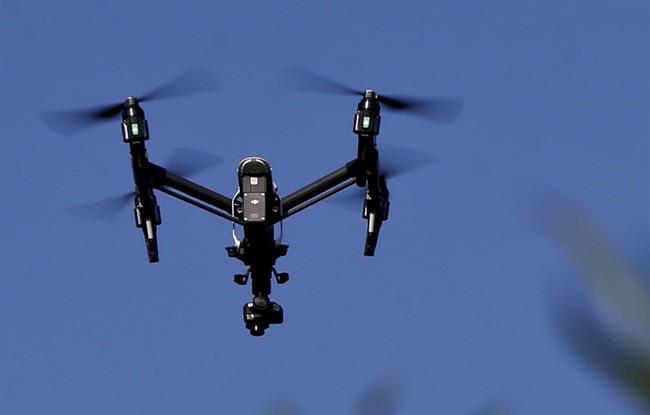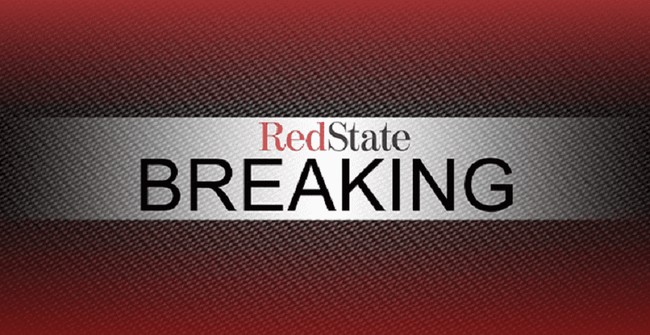Georgia Faces Political Turmoil Over Presidency
Amid a deepening constitutional crisis, Georgia is witnessing a controversial presidential appointment. This situation arises against a backdrop of EU membership talks delay, mass protests, and allegations of election rigging.
Published December 15, 2024 - 00:12am

Image recovered from arabnews.com
Georgia is currently navigating a stormy political landscape characterized by mass protests, a constitutional crisis, and contested presidential elections. The ruling party, Georgian Dream, has appointed 53-year-old Mikheil Kavelashvili, a former footballer with ultra-right leanings, as the new president in a process that has been boycotted by the opposition. This controversial decision is part of a broader political tug-of-war involving President Salome Zurabishvili, who remains a key figurehead for the protests advocating for Georgia's European future.
Zurabishvili, a former diplomat with a pro-Western stance, has publicly declared the election process illegitimate and refused to step down from her position as president. Her refusal is echoed by thousands of demonstrators who have been filling the streets of Tbilisi, asserting the need for a new, transparent set of parliamentary elections. Her tenure has been marked by efforts to secure EU membership for Georgia, which saw a major setback when Georgian Dream delayed talks earlier, fueling public discontent and demonstrations.
The opposition, as well as Zurabishvili herself, accuse the ruling Georgian Dream party of conducting rigged parliamentary elections in October and fear that the country is veering off its European path. They claim Georgian Dream is aligning Georgia more closely with Russia, a sentiment that resonates with many citizens, particularly given the geopolitical tensions in the region. Thousands have turned out to express their disapproval, demanding the country realign itself with European values.
Since the contested elections and the subsequent decision to delay EU membership negotiations, Tbilisi has become a hotspot for political activism and civil disobedience. The opposition-led protests burst into life on November 28 and have continued unabated despite a harsh governmental crackdown involving tear gas, water cannons, and over 400 arrests. Amnesty International and other international observers have denounced these heavy-handed tactics, stating that protesters have been subjected to arbitrary detention and torture.
The international community, including figures like French President Emmanuel Macron, has voiced concern over the political climate in Georgia, urging the aspirations for democracy and European integration of Georgians not to be extinguished. In a divisive move, Washington also imposed sanctions on Georgian officials deemed responsible for undermining democracy.
Kavelashvili's appointment adds another layer of complexity to the political crisis. Known for his anti-Western rhetoric and opposition to LGBTQ rights, Kavelashvili was elected by an electoral college under a process introduced by Georgian Dream in 2017 to do away with direct presidential elections. His support comes mainly from Georgian Dream loyalists, leaving the opposition absent from the vote. Observers fear this move might deepen division within the country, with the integrity of the electoral system under intense scrutiny.
As the situation unfolds, the Georgian government, under pressure both domestically and internationally, faces a significant challenge in reconciling the demands of its citizens, maintaining internal stability, and addressing concerns over its democratic processes. The looming question remains - how Georgia will navigate these multiple layers of political contention and what steps it will take to restore public faith in its democratic institutions.







